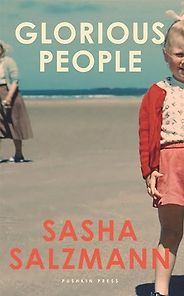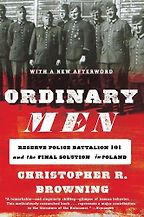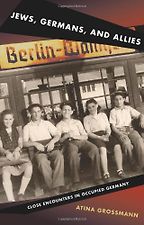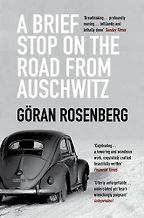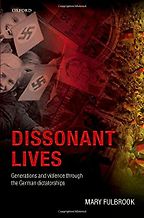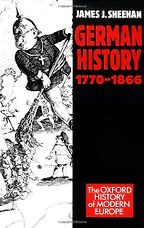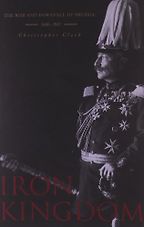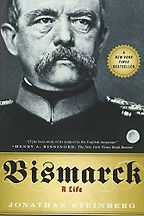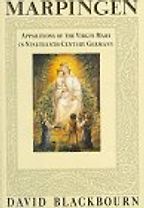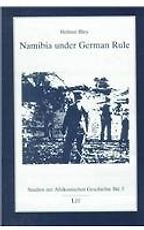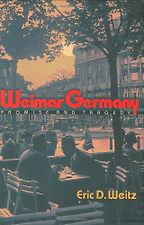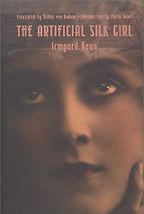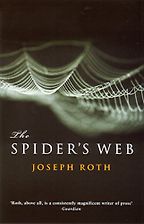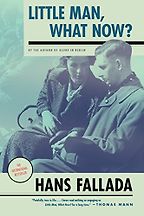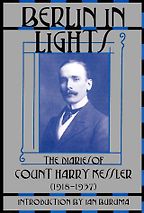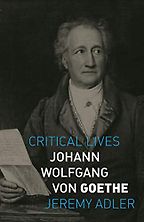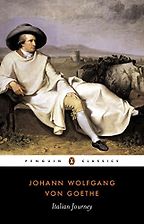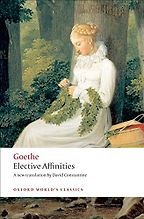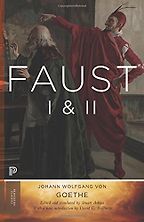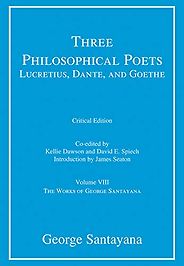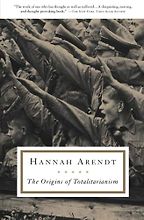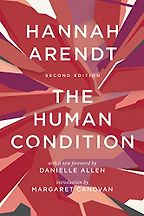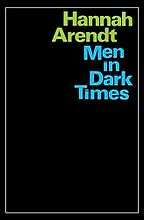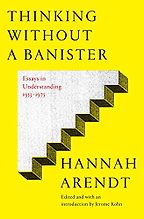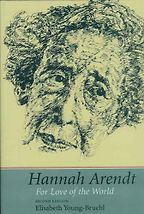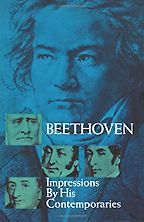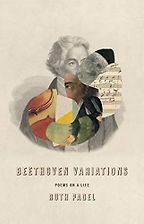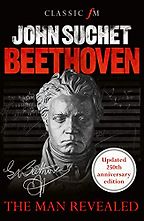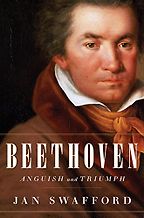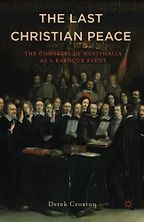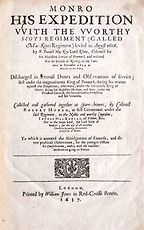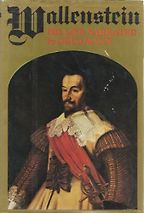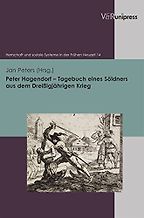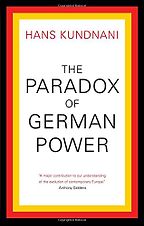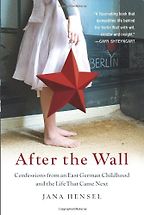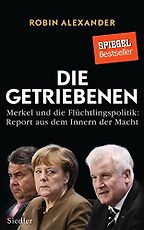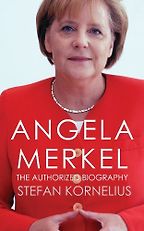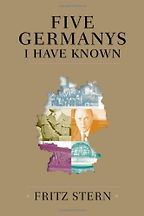Germany
Last updated: June 28, 2025
Germany is one of the world’s most stable democracies. It is also one of the world’s richest. As such, it is the undisputed leader—politically and economically—of the European Union. Notoriously, it wasn’t always that way. The 20th century saw Germany defeated in two world wars, the disaster of Nazi rule and, after the Second World War, the division of the country into East and West. Only in 1989 did the country emerge from the shadows of its 20th century catastrophe.
We have interviews that cover various aspects of Germany history. Professor Richard Evans talks us through the unification of Germany in 1870. Hester Vaizey of Clare College, Cambridge chooses five books on modern German history, focusing on the 20th century dictatorships—both Nazi and Communist—while Professor Robert Gerwarth looks at the Weimar Republic. Reaching further back in time, Professor Peter Wilson picks his best books on the Thirty Years War.
Gerwarth talks about the Weimar Republic’s remarkable contribution to modern culture. Germany’s cultural contribution to the world is explored elsewhere by Five Books. Thomas Mann's works are recommended by a number of our interviewees, as are those of Kafka, who wrote in German even if he was Czech. Goethe, widely regarded as Germany's greatest literary figure is discussed by David Wellbery. Elsewhere, Jessica Duchen chooses her best books on Beethoven and Andrew Gant looks at Handel. On the philosophical front, we have interviews on Marx, Nietzsche, Schopenhauer, Hegel, Kant, Hannah Arendt and others.
If you're looking for contemporary German fiction Tyll, by Daniel Kehlmann, was shortlisted for the 2020 International Booker Prize, with The Pine Islands by Marion Poschmann shortlisted the previous year.
-

1
Where You Come From
Saša Stanišić, Damion Searls (translator) -

2
Glorious People
Sasha Marianna Salzmann, Imogen Taylor (translator) -

3
Ada's Realm
Sharon Dodua Otoo and Jon Cho-Polizzi (translator) -

4
In the Belly of the Queen
Karosh Taha, Grashina Gabelmann (translator) -

5
Monsters Like Us
Ulrike Almut Sandig, Karen Leeder (translator)
The Best 21st-Century German Novels, recommended by Katy Derbyshire
The Best 21st-Century German Novels, recommended by Katy Derbyshire
There’s always been a fondness in the English-speaking world for novels about German history, but recently the books being translated into English have become much more diverse and interesting, says award-winning translator and publisher Katy Derbyshire. She introduces us to some her favourite German novels from recent years, taking us beyond Germany to Bosnia, Donbas and even Ghana.
-

1
Ordinary Men: Reserve Police Battalion 101 and the Final Solution in Poland
by Christopher Browning -

2
Jews, Germans, and Allies: Close Encounters in Occupied Germany
by Atina Grossmann -

3
A Brief Stop on the Road from Auschwitz
by Goran Rosenberg -

4
Dissonant Lives: Generations and Violence Through the German Dictatorships
by Mary Fulbrook -

5
Stasiland: Stories from Behind the Berlin Wall
by Anna Funder
The best books on Modern German History, recommended by Hester Vaizey
The best books on Modern German History, recommended by Hester Vaizey
In the 20th century, Germany suffered defeat in two world wars and withstood two kinds of dictatorship. Yet today it is Europe’s strongest economy. Hester Vaizey, fellow of Clare College, Cambridge, and author of Born in the GDR, selects five brilliant books on a tumultuous century.
The best books on Nineteenth Century Germany, recommended by Richard Evans
At the beginning of the 1800s, Germany was a collection of independent states. By the end, it had been unified under Prussian political leadership into one of the world’s great powers. Here, Richard Evans, Regius Professor Emeritus of History at the University of Cambridge and Provost of Gresham College in the City of London, chooses five books on 19th century Germany that illustrate how that process unfolded and what the political, economic and social consequences of it were—intended and otherwise.
The best books on The Weimar Republic, recommended by Robert Gerwarth
The Weimar Republic was not doomed to fail, says the historian Robert Gerwarth; it was, in many ways, popularly rooted and successful, and its artistic achievements remain influential to this day. Here he selects five books that illustrate the rich cultural life of the Weimar Republic, its pioneering modernism and the febrile political atmosphere that gripped it in the wake of the Great Depression.
The Best Goethe Books, recommended by David E. Wellbery
Johann Wolfgang von Goethe (1749–1832) has been described as ‘the last true polymath to walk the earth’. A defining figure in German literature, Goethe coined the concept of world literature. And his literary and dramatic achievements are matched by his scientific work. David E. Wellbery, Professor of Germanic Studies at the University of Chicago and recipient of the Golden Goethe Medal, introduces us to the life and work of Goethe. He explores why figures such as Beethoven and Napoleon were magnetised to him, how Rousseau influenced Faust, and why Goethe’s Faust does not sell his soul to the devil.
The best books on Hannah Arendt, recommended by Samantha Rose Hill
Unimpressed by the response of philosophers to the rise of Nazism in her native Germany, Hannah Arendt rejected the notion of being a philosopher and said she was a political theorist. Samantha Rose Hill, writer and formerly assistant director of the Hannah Arendt Center at Bard College, talks us through Hannah Arendt’s life and work—and suggests which books to read if we want to learn more about her and her ideas.
-

1
Beethoven: Impressions by his Contemporaries
by Oscar Sonneck (Editor) -

2
Beethoven Variations: Poems on a Life
by Ruth Padel -

3
Beethoven for a Later Age: The Journey of a String Quartet
by Edward Dusinberre -

4
Beethoven: The Man Revealed
by John Suchet -

5
Beethoven: Anguish and Triumph
by Jan Swafford
The best books on Beethoven, recommended by Jessica Duchen
The best books on Beethoven, recommended by Jessica Duchen
He was a much misunderstood man and one of the greatest composers who ever lived. Music critic and novelist Jessica Duchen talks us through the best books about the German composer and pianist, Ludwig van Beethoven.
-

1
Westphalia: the Last Christian Peace 1643-48
by Derek Croxton -

2
Monro, His expedition with the worthy Scots regiment (called Mac-Keyes-regiment) levied in August 1626
by Robert Monro -

3
Wallenstein: His Life Narrated
by Golo Mann -

4
European Weapons and Warfare 1618–1648
by Eduard Wagner -

5
Tagebuch Eines Soldners Aus Dem Dreissigjahrigen Krieg
Peter Hagendorf (ed. Jan Peters)
The best books on The Thirty Years War, recommended by Peter Wilson
The best books on The Thirty Years War, recommended by Peter Wilson
It was a war that devastated Europe and left more than one-fifth of the German population dead. The complex peace agreement that ended it, the Treaty of Westphalia, is still credited with establishing our modern state system. Peter Wilson, Chichele Professor of the History of War at Oxford University and author of the most recent general history of the war, Europe’s Tragedy: A New History of the Thirty Years War, recommends books to read for a nuanced picture of Europe’s cataclysmic 17th-century conflict.
The best books on Angela Merkel, recommended by Tom Nuttall
For 16 years, as chancellor of Germany, Angela Merkel was the most powerful woman in the world. Here Tom Nuttall, the Economist’s Berlin bureau chief, talks us through books to help us understand her time in office, and explains how her East German upbringing influenced her style of governance.






